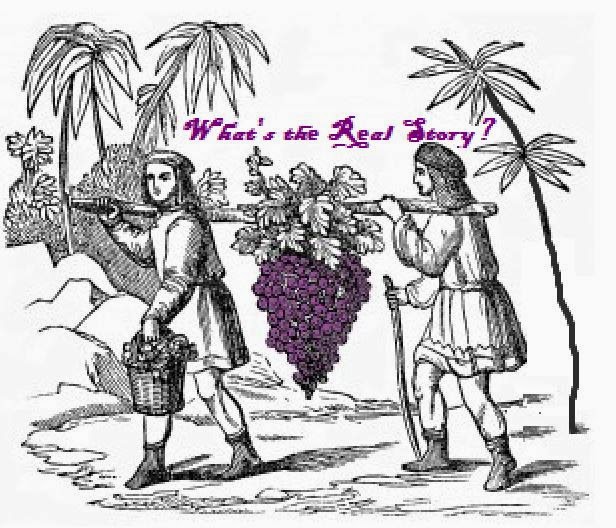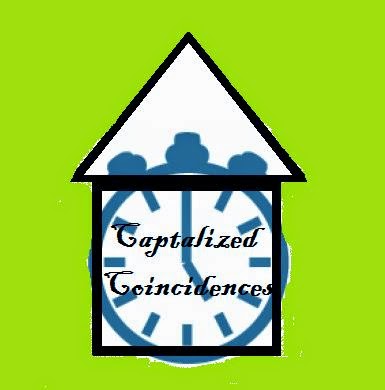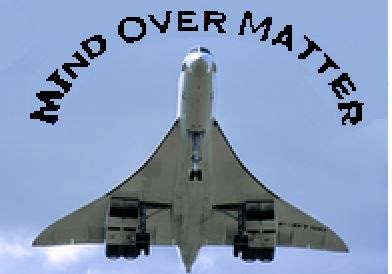Parshas Shelach - Parsha Stumpers and Something to Think About
פרשת שלח Parsha Stumpers and Something to Think About Rashi (13:2) writes that the story of the Meraglim was placed in the Torah immediately following the episode of Miriam because they did not learn from Miriam about how one should speak. Miriam spoke lashon harah about her brother, Moshe Rabbeinu, while the Meraglim spoke about Eretz Yisroel – an inanimate object, not a person. There is nothing wrong with doing so. So what did the Meraglim do wrong that they should have learned from the story of Miriam? Calev and Yehoshua each had the help of a tefillah to stay away from the plot of the meraglim. Why was this necessary? Why not just stay away? After the report of the Meraglim, the B'nei Yisroel cried out, “Why is Hashem bringing us to this land to fall by the sword? Our wives and young will be taken captive! Is it not better that we return to Egypt?” What were the B'nei Yisroel thinking? How exactly were they thinking they would be treated if they went back



